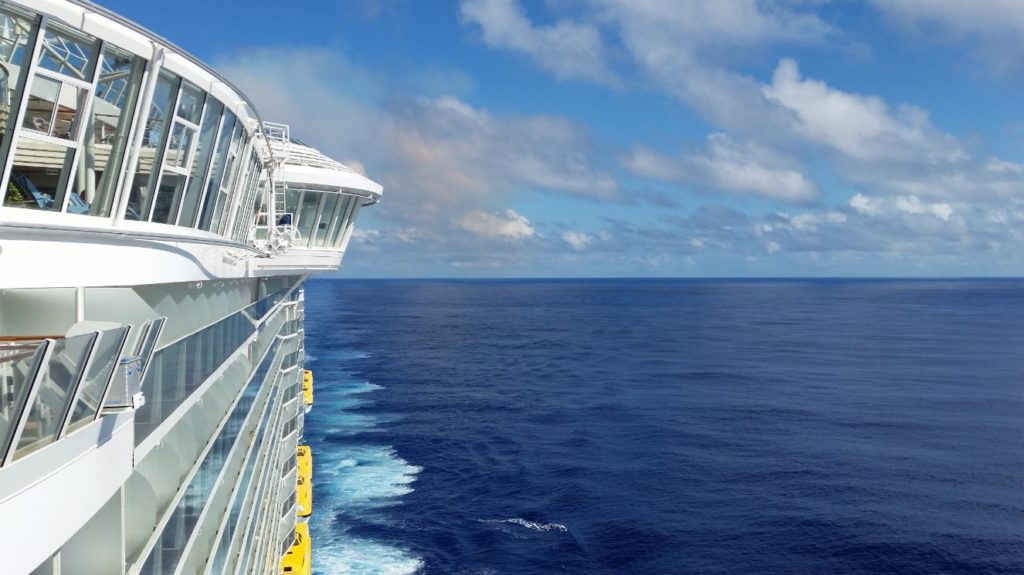The Centers for Disease Control and Prevention (CDC) has announced the extension of a No Sail Order for all cruise ships. The No Sail Order reinforces the action by President Donald J. Trump and the White House Coronavirus Task Force to combat the spread of COVID-19 in the United States.

In recent weeks, at least 10 cruise ships reported crew or passengers that tested positive or experienced respiratory symptoms or influenza-like illness. Currently, there are approximately 100 cruise ships remaining at sea off the East Coast, West Coast, and Gulf Coast, with nearly 80,000 crew onboard. Additionally 20 cruise ships are at port or anchorage in the United States with known or suspected COVID-19 infection among the crew who remain onboard.
The CDC, the U.S. Coast Guard, and the Department of Homeland Security have been working with the industry to determine the most appropriate public health strategy to limit the impact of COVID-19 at cruise ship ports of entry in the United States. Cruise Lines International Association (CLIA) voluntarily suspended cruise ship operations in March in conjunction with the earlier No Sail Order issued March 14. The industry has since been working to build an illness response framework to combat COVID-19 on ships with international crew members who remain on board and at sea.
This order ceases operations of cruise ships in waters in which the United States may exert jurisdiction and requires that they develop a comprehensive, detailed operational plan approved by CDC and the USCG to address the COVID-19 pandemic through maritime focused solutions, including a fully implementable response plan with limited reliance on state, local, and federal government support. These plans would help prevent, mitigate, and respond to the spread of COVID-19, by:
- monitoring of passengers and crew medical screenings;
- training crew on COVID-19 prevention;
- managing and responding to an outbreak on board; and
- submitting a plan to USCG and CDC for review
The Order shall continue in operation until the earliest of three situations:
- First, the expiration of the Secretary of Health and Human Services’ declaration that COVID-19 constitutes a public health emergency
- Second, the CDC Director rescinds or modifies the order based on specific public health or other considerations
- Or third, 100 days from the date of publication in the Federal Register
Additional information in the order includes:
- Cruise ship operators are not allowed to disembark travelers (passengers or crew) at ports or stations, except as directed by the USCG, in consultation with HHS/CDC personnel, and as appropriate, as coordinated with federal, state, and local authorities.
- Cruise ship operators should not embark or re-embark any crew member, except as approved by the USCG, in consultation with HHS/CDC personnel, until further notice.
- While in port, cruise ship operators shall observe health precautions directed by HHS/CDC personnel.
- The cruise ship operator should comply with all HHS/CDC, USCG, and other federal agency instructions to follow CDC recommendations and guidance for any public health actions relating to passengers, crew, ship, or any article or thing onboard the ship, as needed, including by making ship’s manifests and logs available and collecting any specimens for COVID-19 testing.